5 Supplements That Can Damage Your Liver, Doctors Say
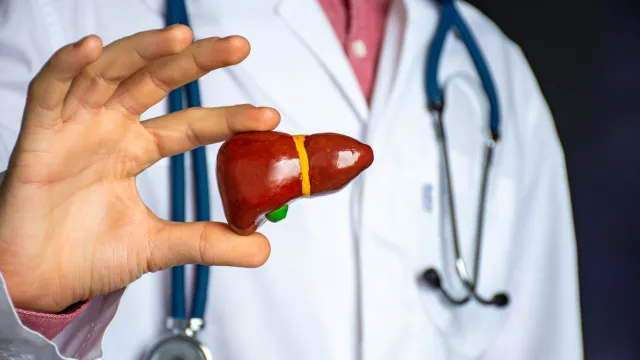
It’s not at all uncommon for people to turn to supplements to improve their health routine. After all, supplements can help round out a balanced diet to ensure you’re getting all of the essential vitamins and minerals your body needs to function properly. However, just like anything else we put into our bodies, there are some supplements that can pose a potential risk—and even damage vital organs, such as your liver.
RELATED: FDA Says Certain Topical Pain Relievers “Should Not Be on the Market” in New Alert.
“Your liver naturally detoxifies the body. That’s its primary job,” explains Alyssa Smolen, MS, RDN, a New Jersey-based registered dietician. “However, too much of certain substances can harm the body’s ability to do this—including specific supplements that can interfere with this process.”
Because of this, medical experts say it’s important to make sure you monitor what you’re putting into your body and drop or cut back on anything that could be doing you harm. Read on for the supplements that can damage your liver, according to doctors.
1
Green Tea Extract
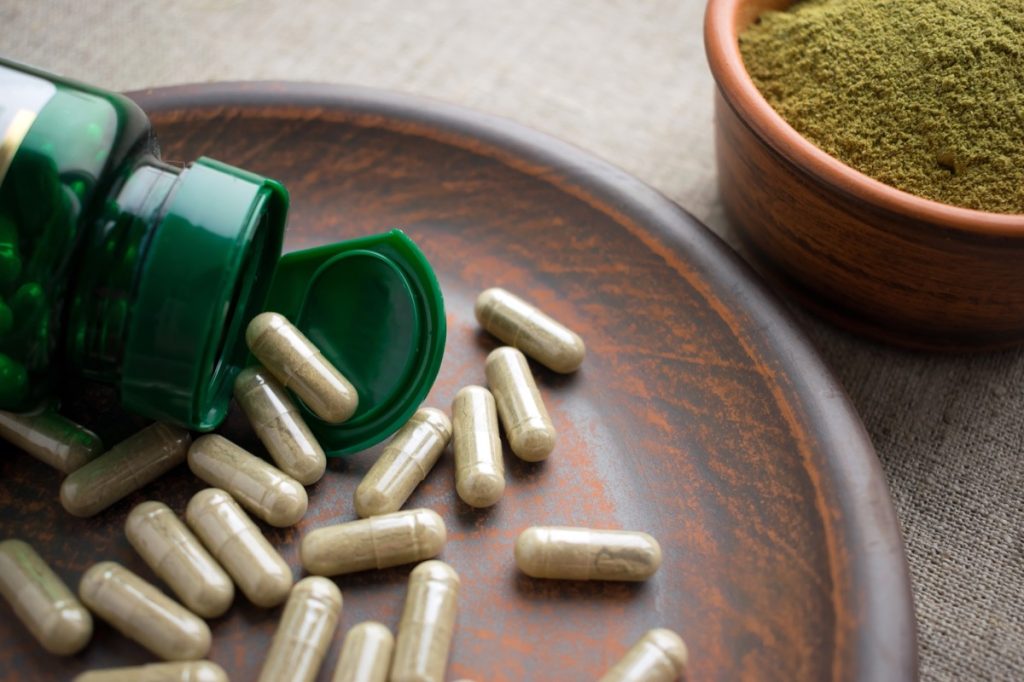
Green tea is a popular beverage, and it’s also available in extract form as a supplement. However, according to Leann Poston, MD, a licensed physician working as a health expert for Invigor Medical, it can cause liver injury in some people.
“Unfortunately, it is currently unknown why it causes liver damage in some people and not others,” she tells Best Life.
Other experts warn that you may be taking the supplement without even realizing it. “Green tea extract is a common ingredient in diet pills,” explains Sarah Alsing, MS, RD, owner of Delightfully Fueled. “If you are looking into supplements advertised for weight loss, then make sure you read the label to see if it’s an ingredient.”
2
Black Cohosh
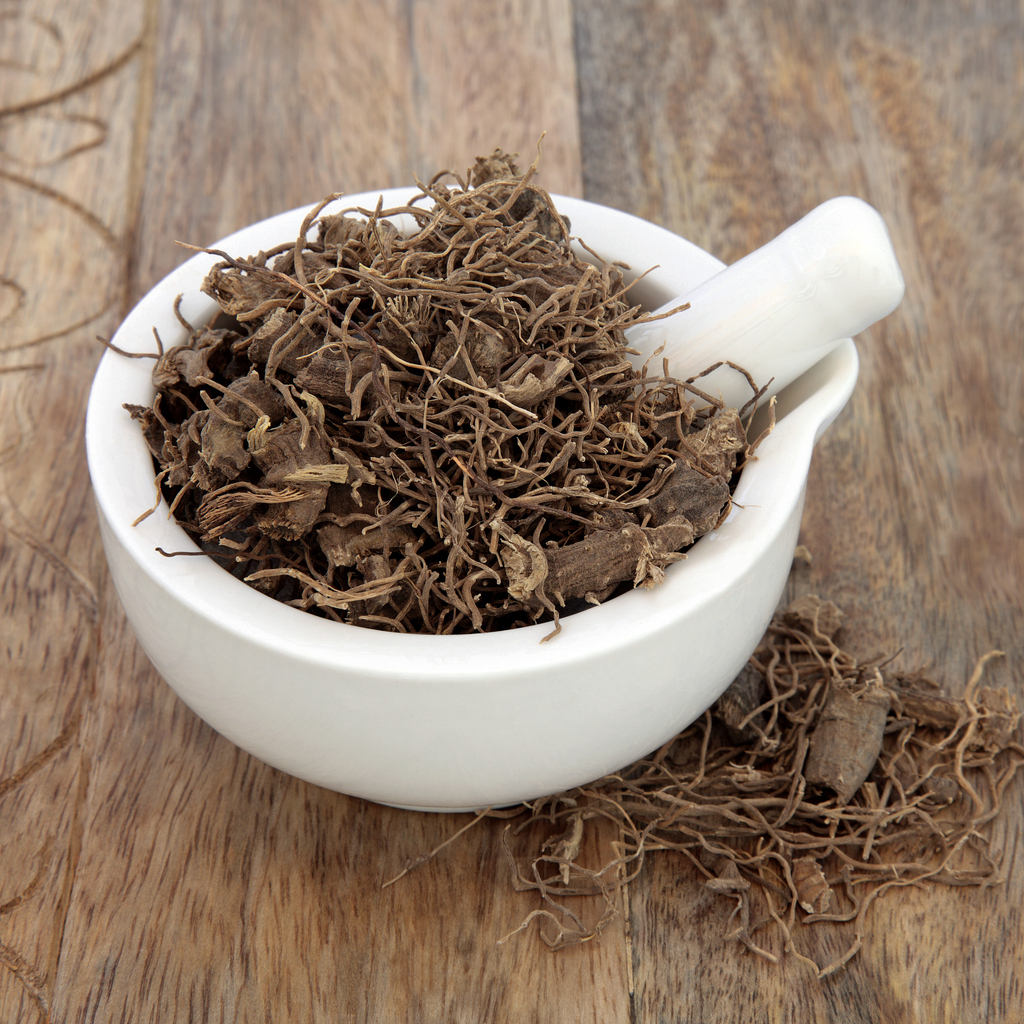
To treat menopause symptoms is just one of the many reasons someone might pick up a supplement. But there’s some evidence that one traditional herbal remedy could pose a health risk.
“There have been case reports that link the herbal supplement black cohosh to liver injury,” says Nesochi Okeke-Igbokwe, MD, medical expert and CEO of Dr. Nesochi internal medicine practice. “However, more studies are needed to further investigate the use of this supplement with potential hepatotoxicity.”
RELATED: 91-Year-Old Fitness Star Shares Her Best Workout Tips to Stay Young.
3
Niacin
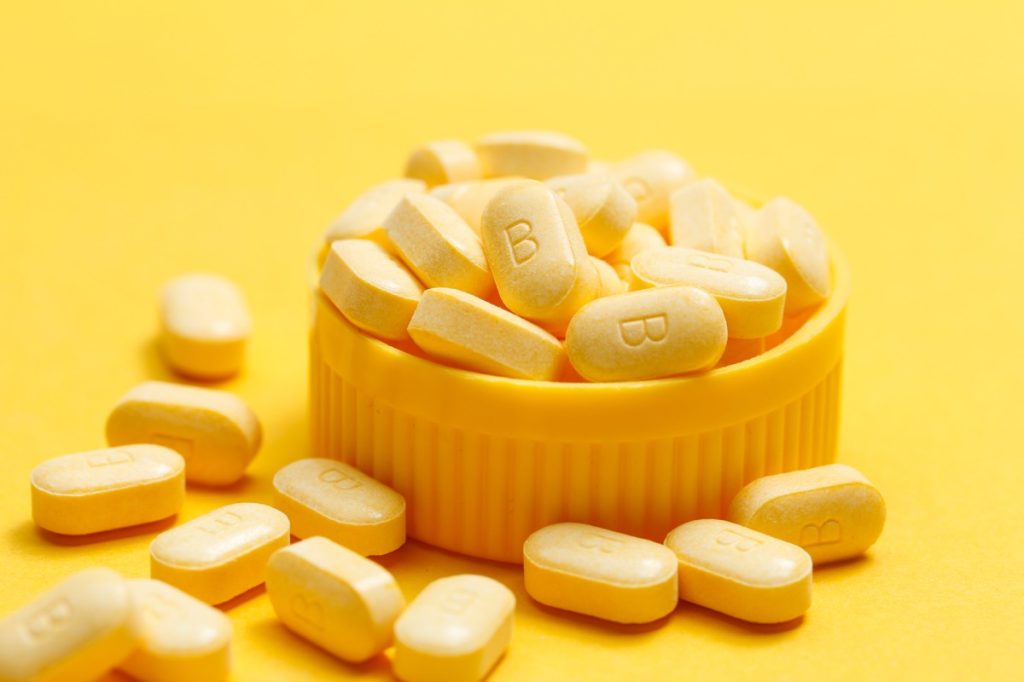
According to Asling, niacin—also known as vitamin B3—is essential for the body to utilize food as energy, help produce stress-related hormones, and improve circulation. “It also aids with cholesterol control,” she adds, explaining that it’s often prescribed to people because it can increase “good” HDL cholesterol and help remove “bad” LDL cholesterol.
“However, high doses of niacin can damage the liver and affect coagulation, which is the body’s way of preventing excessive bleeding,” she warns.
4
Kava
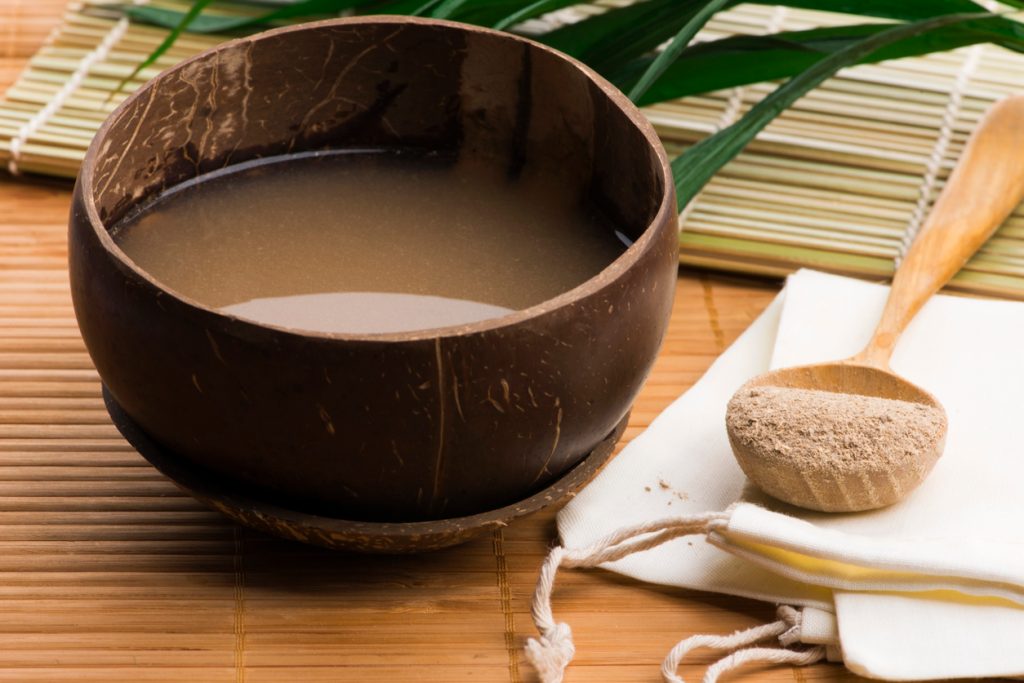
According to Danielle Arnold, MS, LDN, clinical support specialist at Designs for Health, ground kava root has traditionally been used in the Polynesian islands for thousands of years in place of alcohol due to its purported abilities to reduce anxiety, aid in relaxation, and promote more restful sleep. Typically, those taking the supplement will mix a powdered form of the ground root into water before drinking it.
“But just like alcohol, it can be harmful to the liver when consumed in high amounts,” she cautions. “In fact, some tradition states that kava was originally chewed and spit out because enzymes in the spit deactivate some of the liver-toxic compounds it contains.”
RELATED: 6 Supplements You Should Never Take If You’re Over 60, Doctors Say.
5
Vitamin A
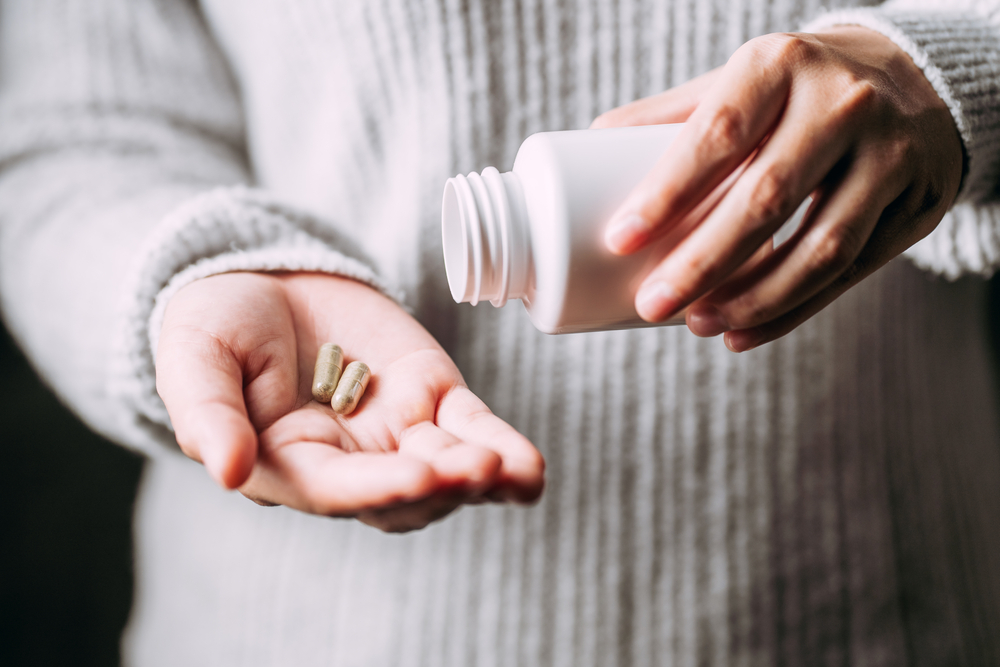
Vitamin A is a vital nutrient, playing an important role in vision and immunity while also having antioxidant properties, according to Alsing. Still, anyone taking it should be cautious not to overdo it with the amount.
“Vitamin A doses that fall within the recommended daily allowance (RDA) are not associated with liver injury,” says Poston. “However, doses more than 100 times the RDA can cause acute liver injury. Excessive vitamin A can damage specialized liver cells, causing liver scarring and injury.”
Best Life offers the most up-to-date information from top experts, new research, and health agencies, but our content is not meant to be a substitute for professional guidance. When it comes to the medication you’re taking or any other health questions you have, always consult your healthcare provider directly.